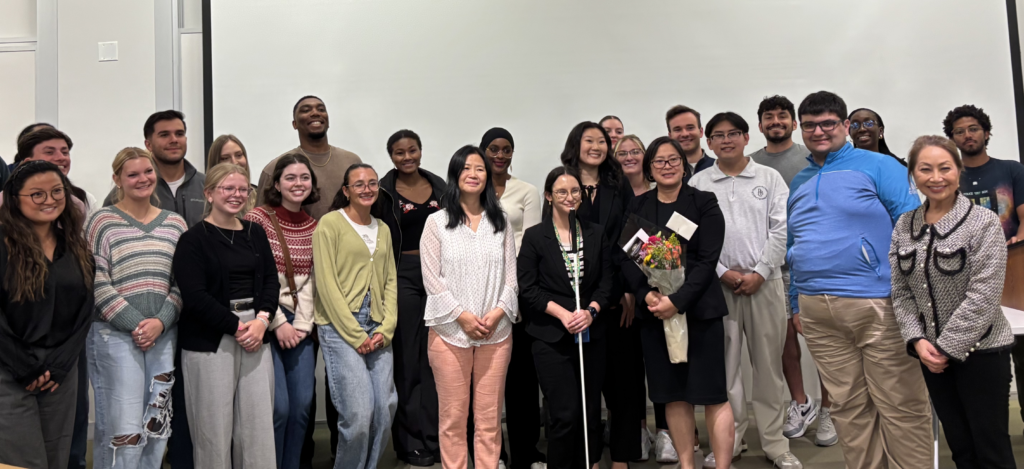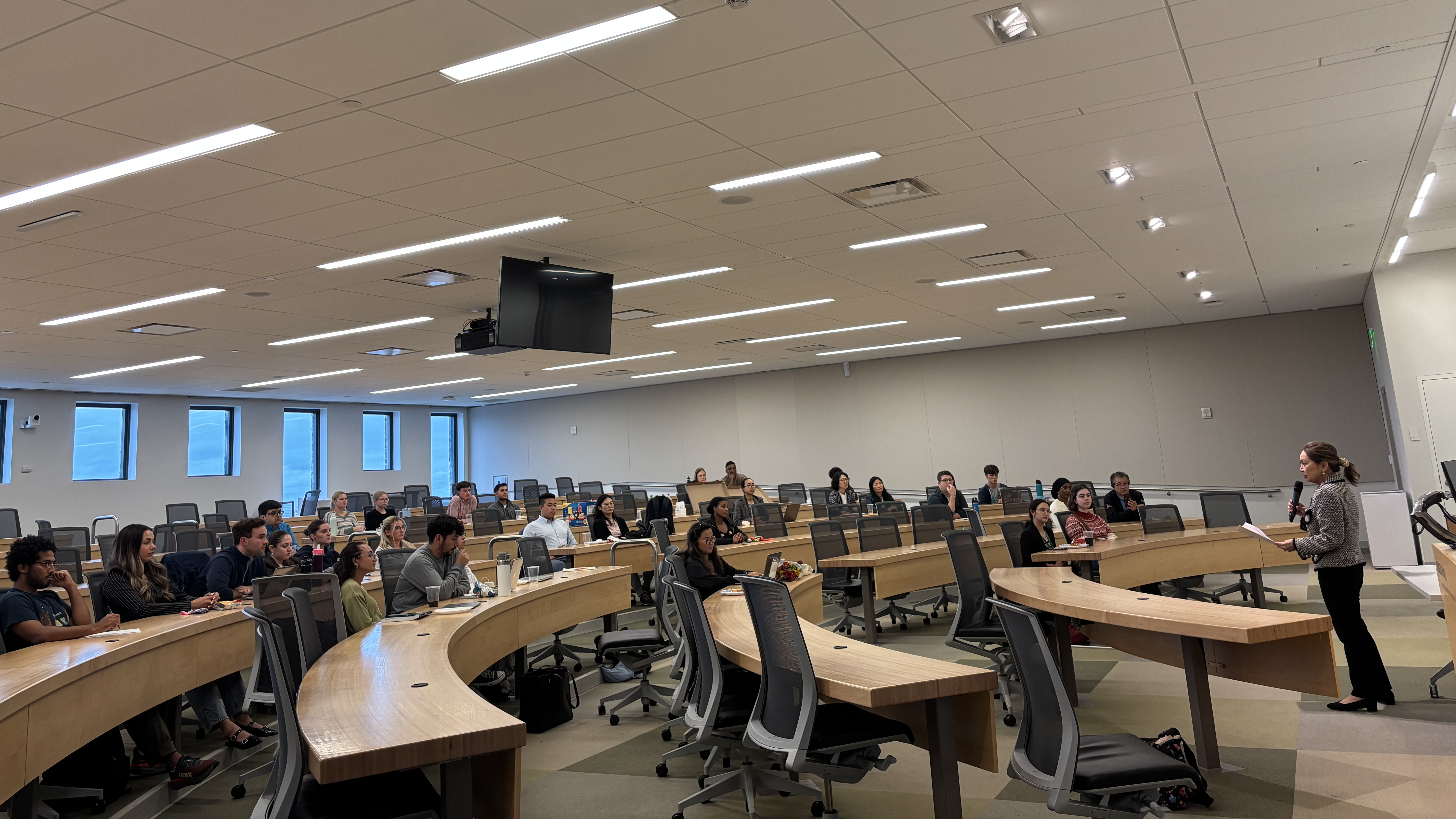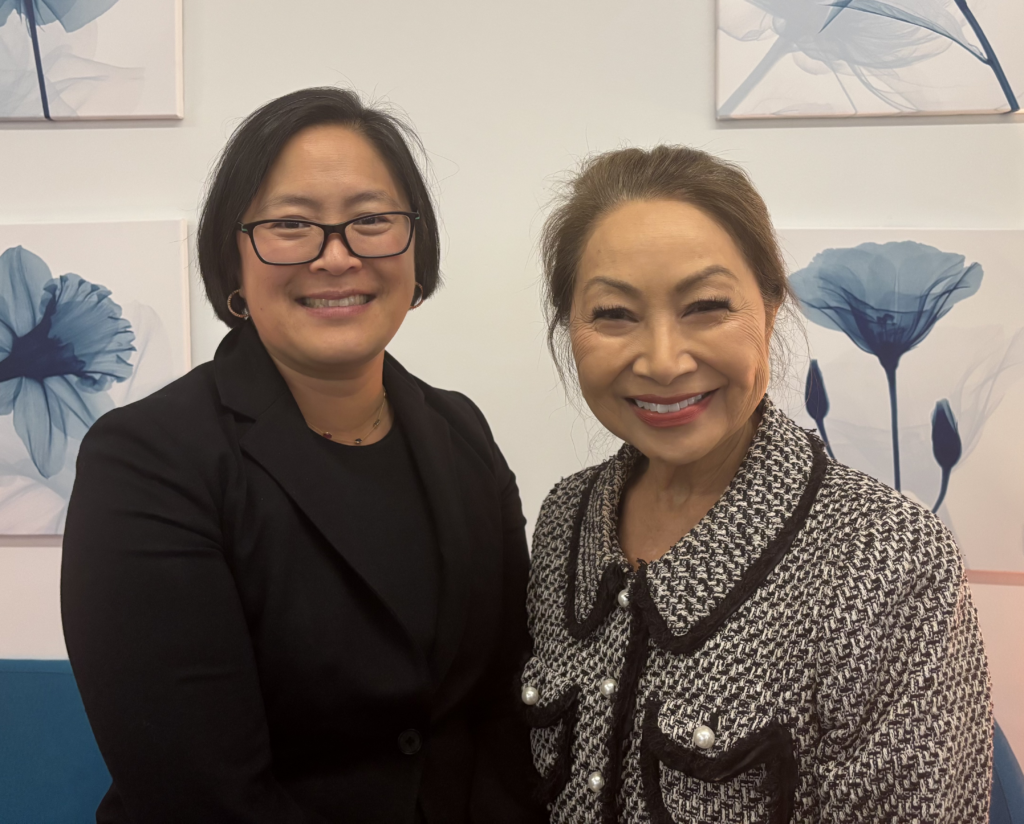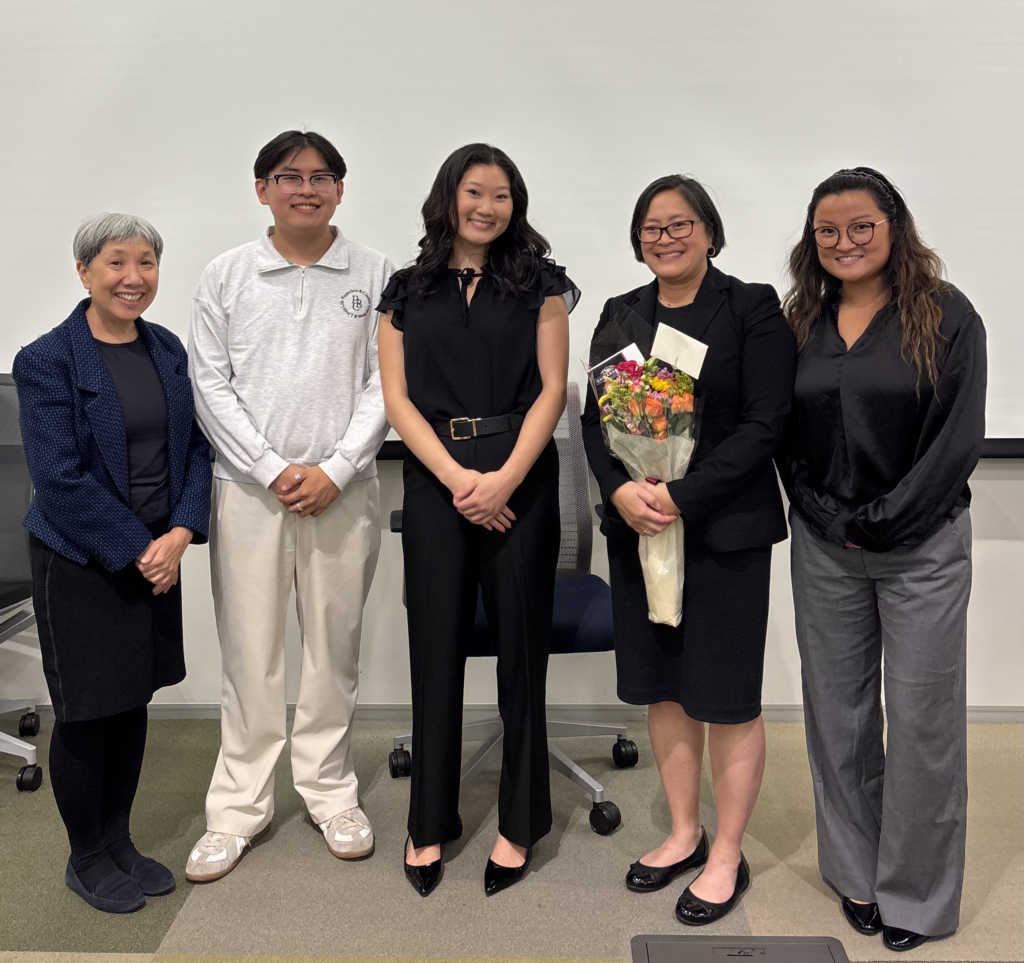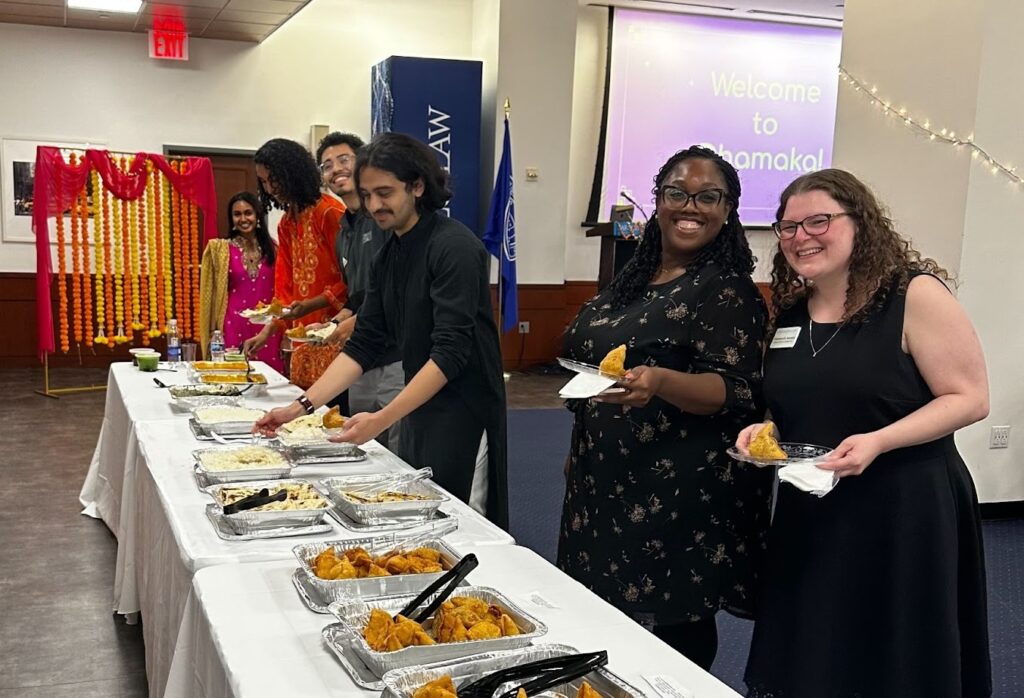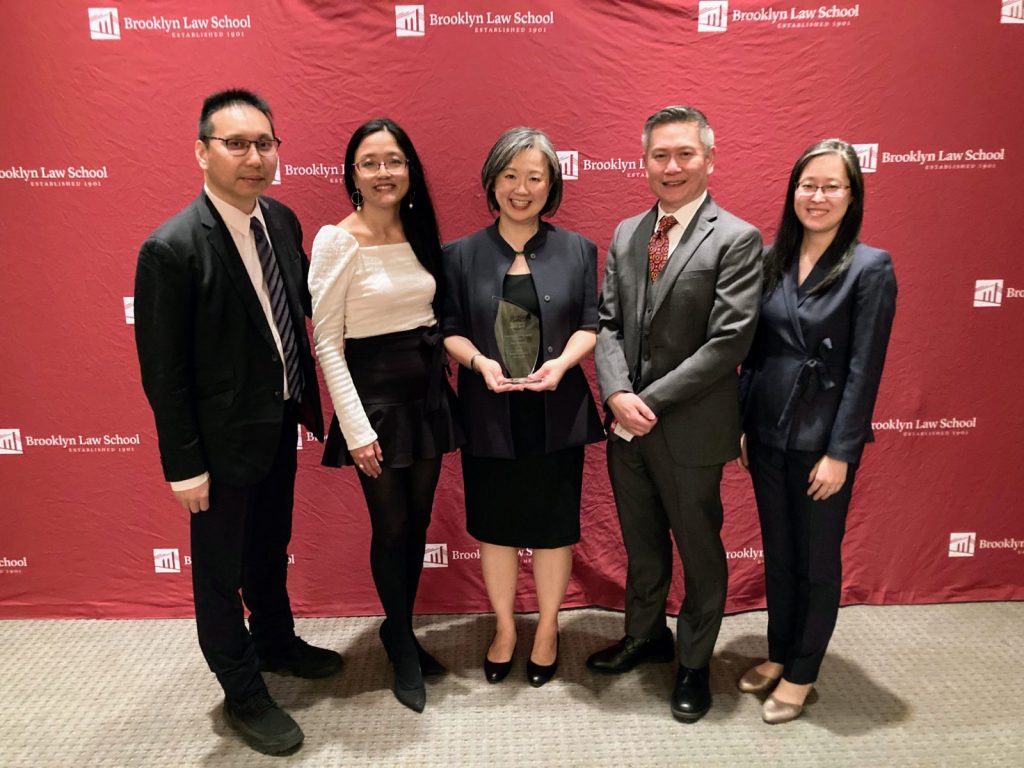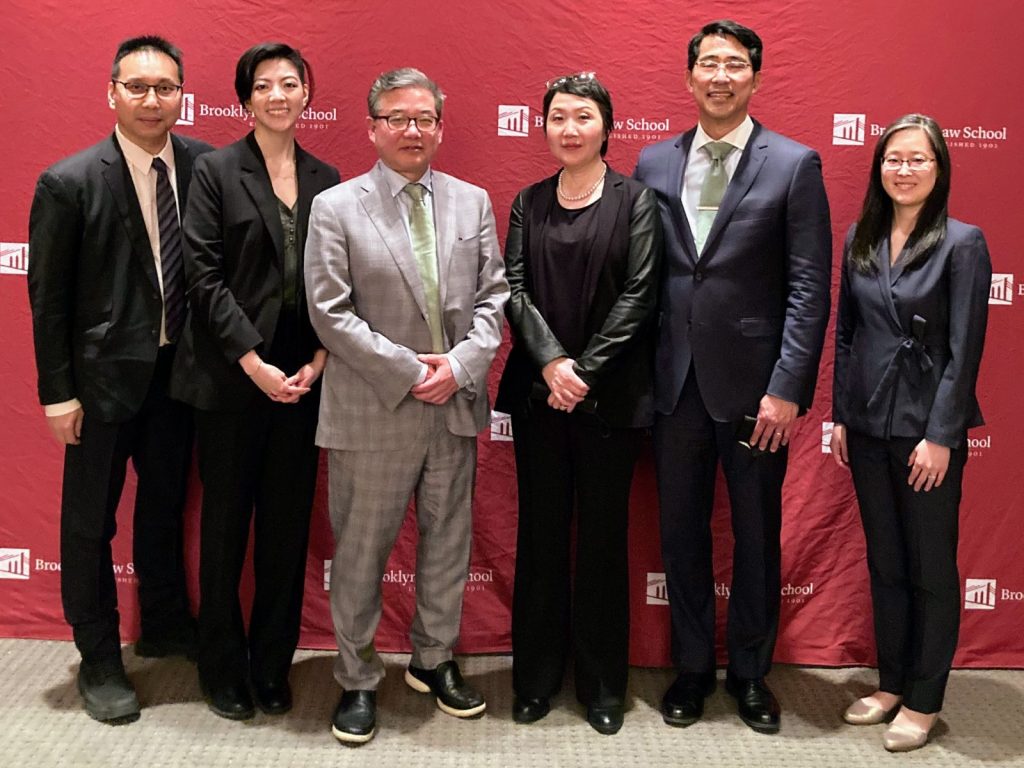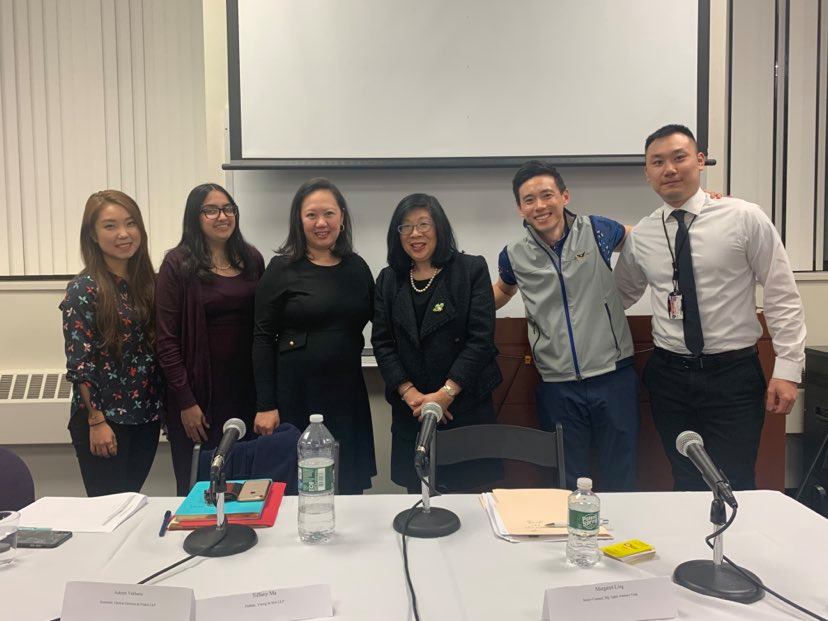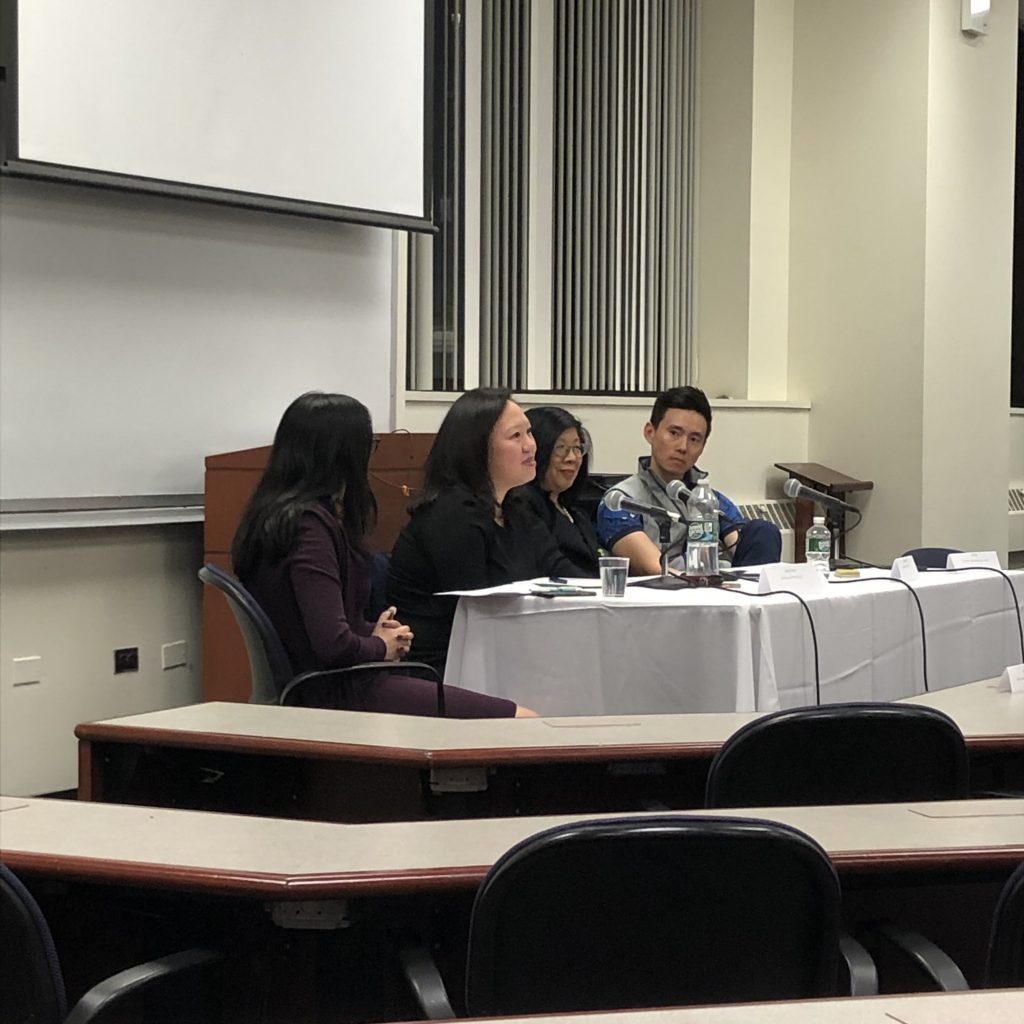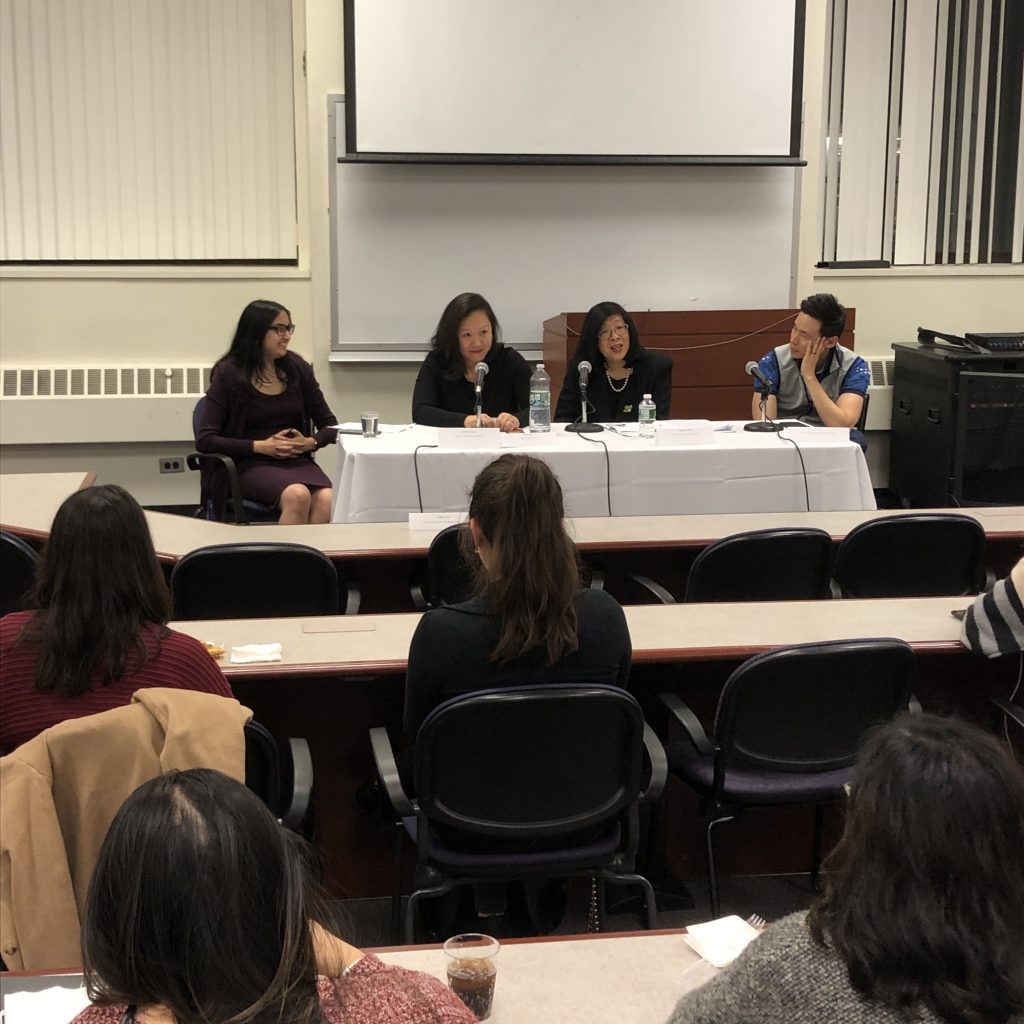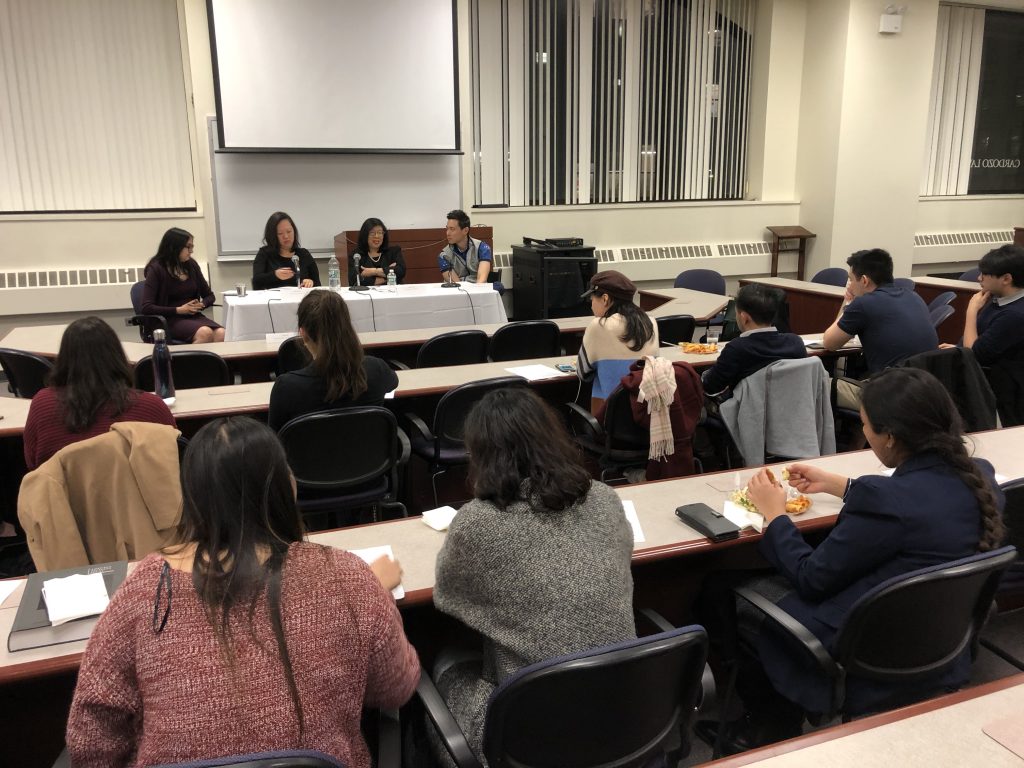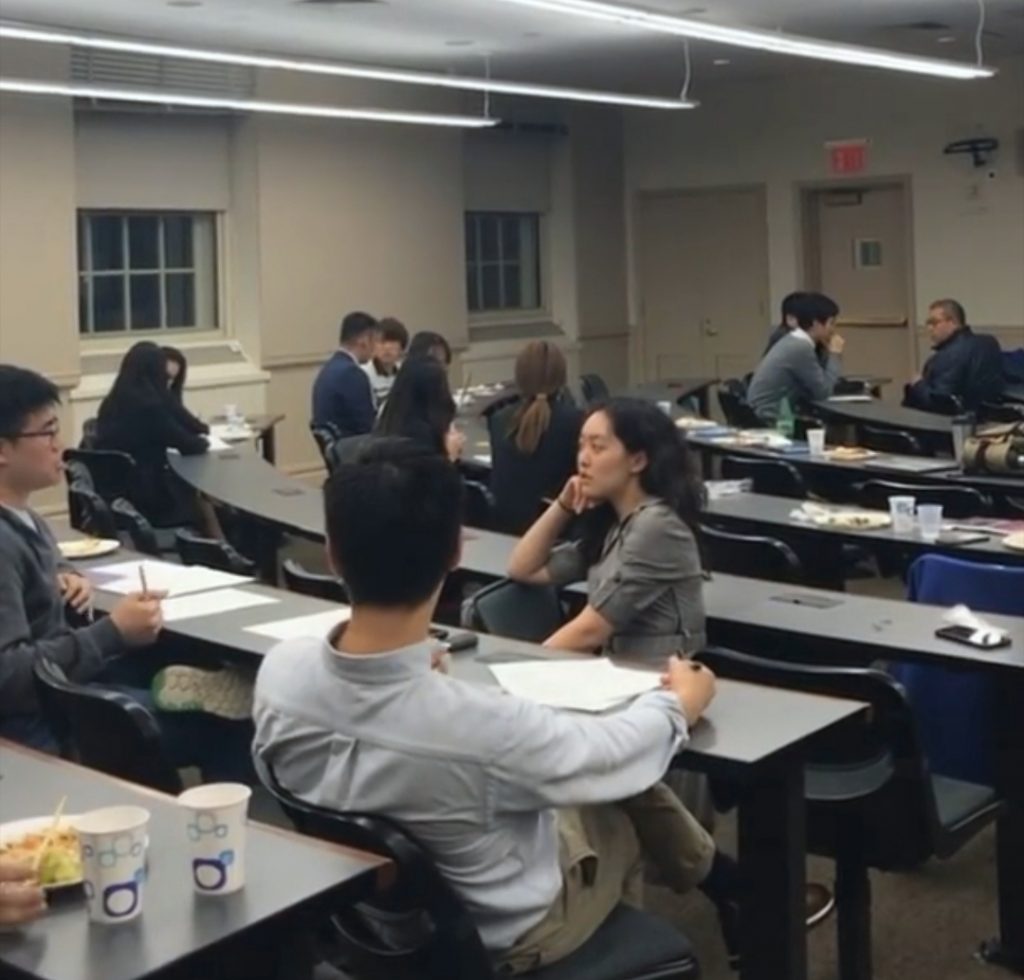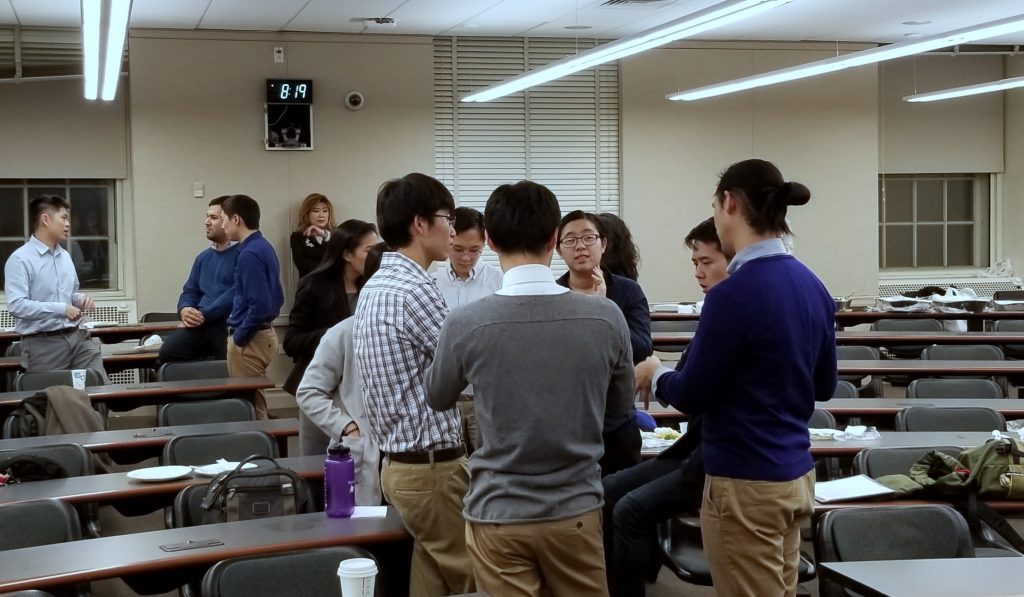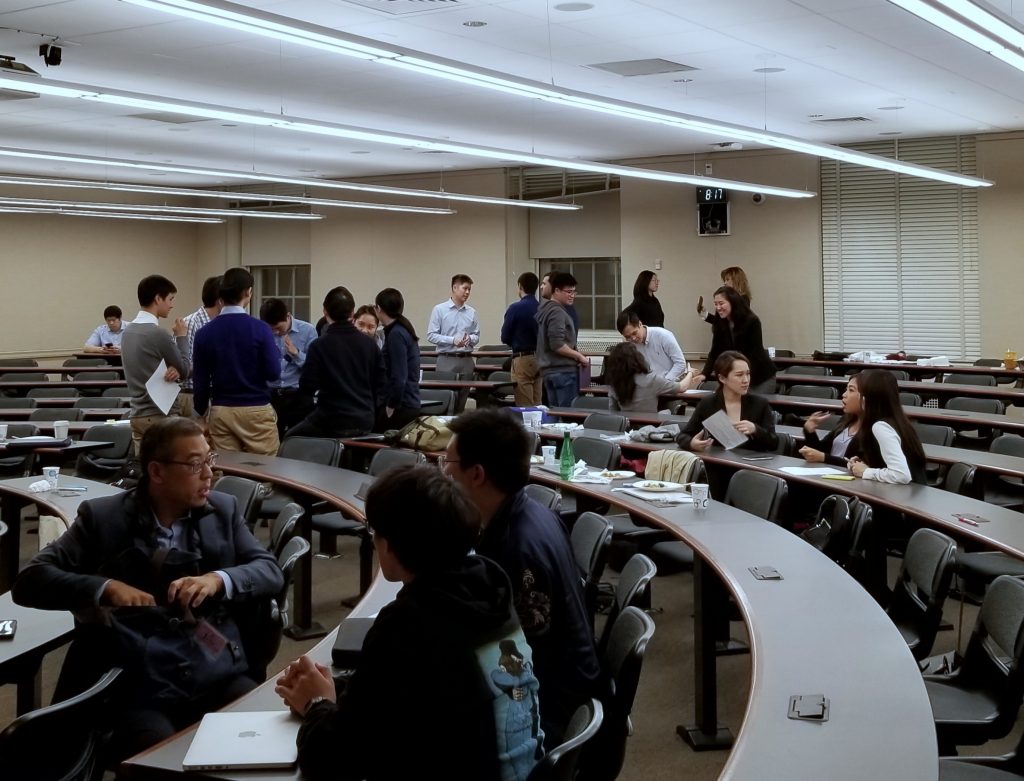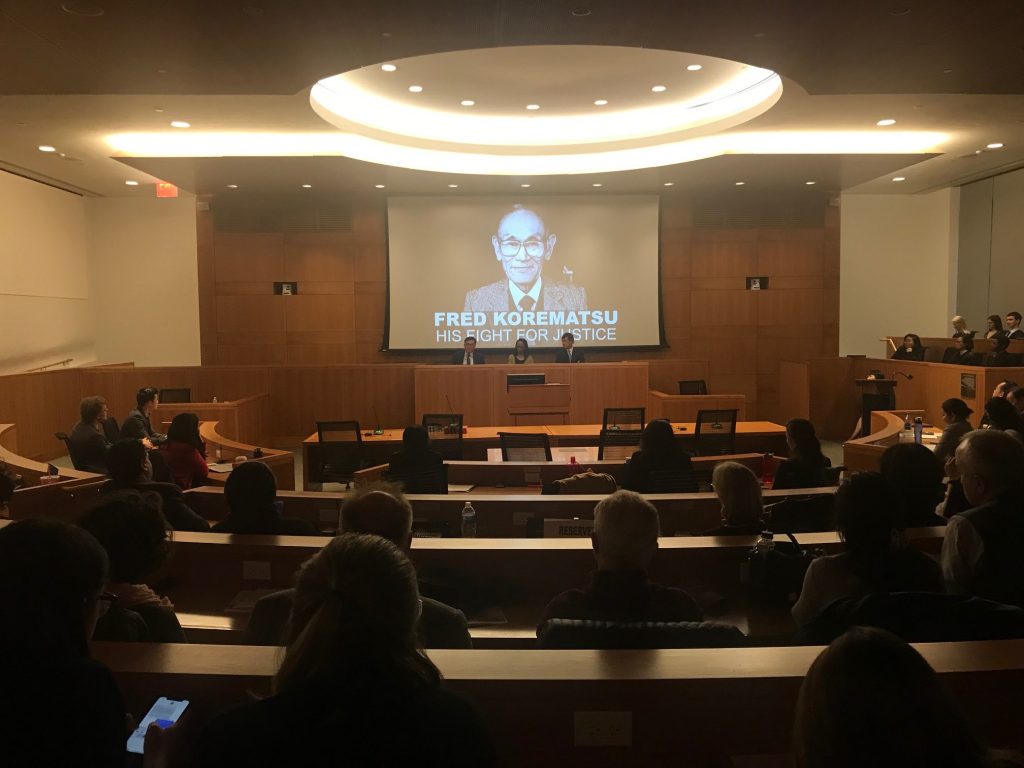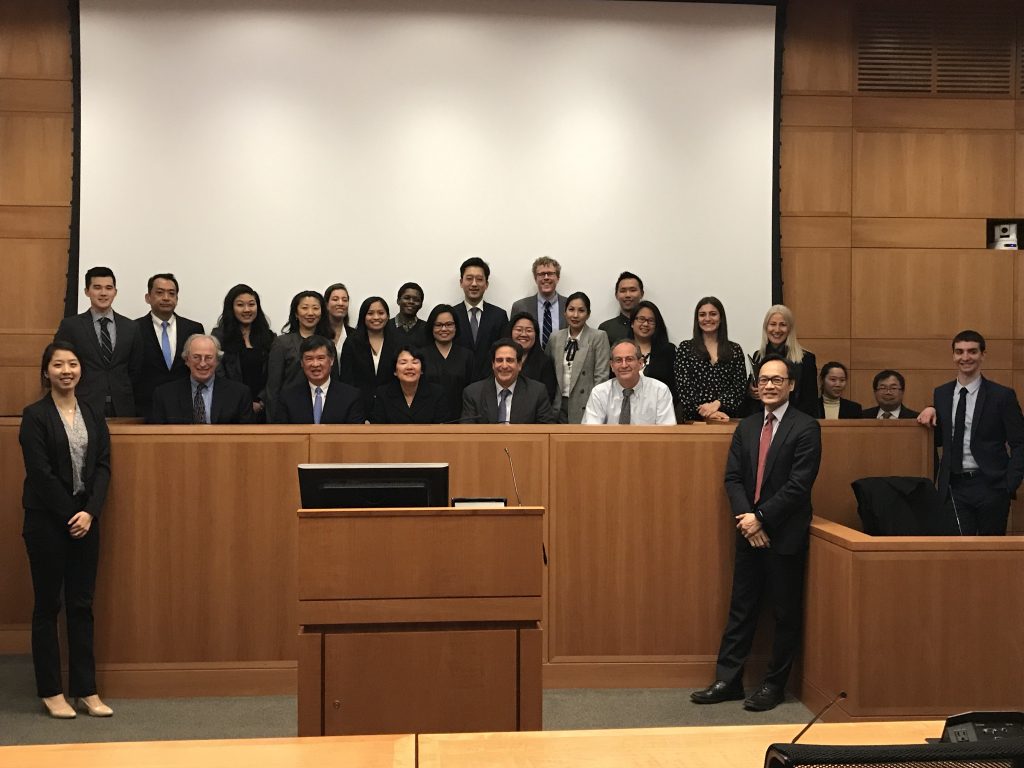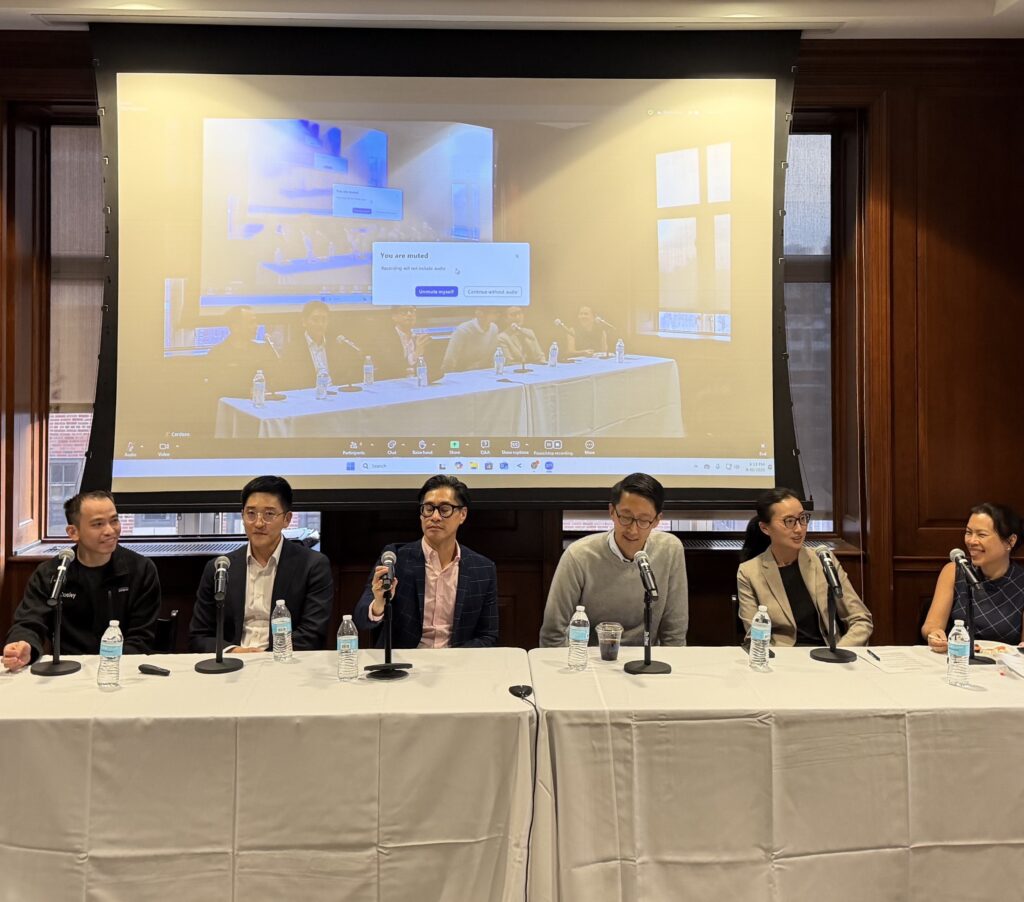
On the evening of September 30, the AABANY Student Outreach, Tax, and Trusts & Estates Committees, in collaboration with Cardozo Law School’s APALSA, presented a Tax and Trusts & Estates Career Panel. The program was organized as a single event divided into two parts, offering students a comprehensive look into two dynamic and specialized areas of law.
In the Tax Law portion, Eric Min of Baker McKenzie, Co-Chair of AABANY’s Tax Committee, and Hardy Zhou of Cooley, Co-Chair of AABANY’s Asia Practice Committee, discussed their career paths and the intricacies of cross-border tax practice. The session was moderated by Christine Shea, AABANY Student Outreach Committee Student Ambassador.
The Trusts & Estates portion featured Yi Stewart, Litigation Associate at Farrell Fritz and Co-Chair of AABANY’s Trusts & Estates Committee; Shu-Ping Shen, Wealth Advisor at JPMorgan Bank; George Martin, Senior Associate at ArentFox Schiff; and Bich-Nga Nguyen, Executive Director at Morgan Stanley. The panelists shared insights from their work in litigation, private practice, and wealth management, providing students with a well-rounded understanding of the field. This section was moderated by Bich-Nga Nguyen.
Throughout the evening, students gained a valuable overview of the diverse issues that tax law and trusts & estates law encompass—from corporate transactions and international matters to estate planning and fiduciary litigation. Panelists also offered practical advice on career development, networking, and coursework selection to help students distinguish themselves in the job market.
At the conclusion of the program, the panelists—joined by Trusts & Estates Committee Co-Chair Natasha Chang—networked with attendees, answering follow-up questions and sharing additional insights in an informal setting.
Special thanks go to Cardozo APALSA for hosting the event and providing catering, and to all participating committees and volunteers for making this collaborative event a success.
To learn more about the Tax Committee, click here. To learn more about the Trusts & Estates Committee, click here. To learn more about the Student Outreach Committee, click here.


